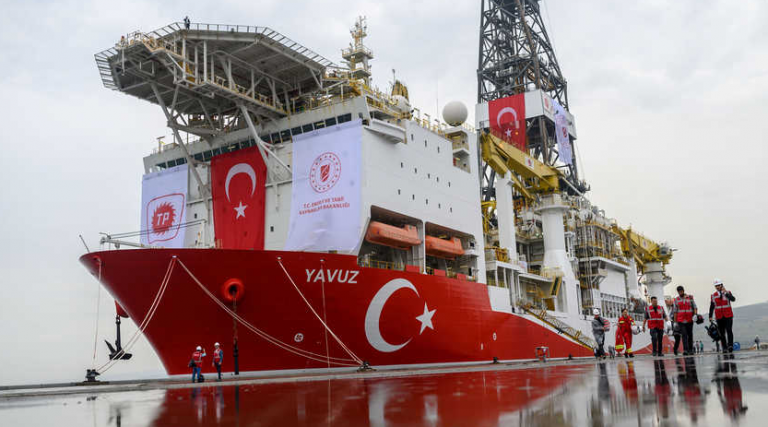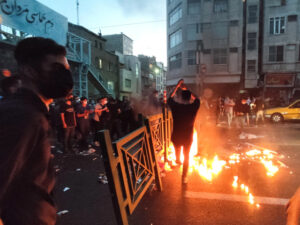President Recep Tayyip Erdogan has once again stunned Europe, this time by threatening to send captured Islamic State (IS) suspects there. This follows his blackmail campaign in October, when he pledged to flood Europe with 3.6 million Syrian refugees.
Erdogan is choosing to tackle his problems with Europe not through dialogue, but rather intimidation.
Erdogan’s most recent threats came as he was responding to the European Union warning of sanctions against Turkey’s drilling operations in the eastern Mediterranean.
Before departing for the United States last week, Erdogan told the media that while Turkey was at the table with the EU now, “these negotiations could collapse at any moment.”
He added, “You have to reconsider your attitude toward Turkey, which has so many [IS] members in its prisons and also in Syria. These doors can be unlocked and [IS] people can be sent to you. Don’t try to intimidate Turkey about the developments in Cyprus.”
Nobody really expected the IS issue to become an element of the energy wars in the eastern Mediterranean. But Ankara is angry that the Cyprus government is pursuing oil and natural gas exploration without ensuring the rights of the Turkish side, and that the EU is backing Cyprus.
Ankara has found itself isolated. Greece, which had made exploration deals with Italy’s ENI, France’s Total and America’s Noble and ExxonMobil, secured the full support of the United States and the EU last year. Early this year, the Republic of Cyprus, Greece, Israel, Italy, Jordan, Palestine and Egypt established the Eastern Mediterranean Gas Forum in Cairo.
In July, Turkey’s drilling operations near Cyprus prompted the EU to threaten sanctions that stipulated severing high-level contacts with Turkey, suspending the Comprehensive Air Transport Agreement and reducing 145.8 million euros ($161.4 million) in funding the EU was to provide until 2020. On Nov. 11, the EU announced the framework of sanctions targeting people and institutions participating in Turkey’s exploration activities.
Ask me anything
Explore related questions





